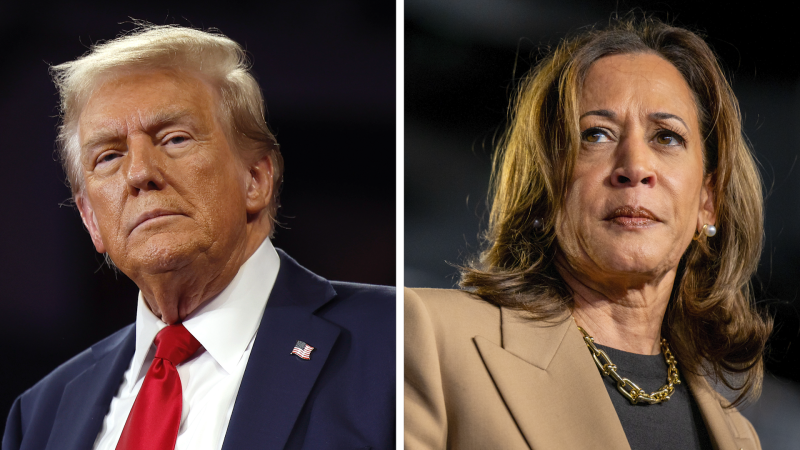Unpredictable Election Day: Election Results May Remain Uncertain on November 8

Tight races in key swing states may delay knowledge of the US presidential election outcome until days, or even weeks, after election day, prompting news organizations to adopt a cautious approach when calling winners.
In an effort to avoid making incorrect projections, news organizations, such as the Associated Press, rely on their "decision desk" and statistical models to project vote counts and make informed calls. This meticulous process aims for "absolute certainty" before declaring a winner, focusing on instances where trailing candidates can no longer catch up, rather than making early, potentially premature, announcements. The time-consuming process is further complicated by states that have delayed ballot counting, such as Arizona and Nevada, which may take days to produce results.
A close margin in any state, particularly if recounts or legal challenges arise, can further prolong the results, a fact seen in 2020 when several key states remained uncalled for days following the election due to narrow margins. Conversely, states where one candidate holds a clear advantage may yield results sooner, leading to some electoral districts being called earlier in the counting process.
The complex voting process also involves the concept of the "red mirage" and "blue shift," where an initial Republican lead appears to dwindle as more votes are counted, resulting in a swing towards the Democratic candidate.
Due to the electoral college system, votes are not simply tallied nationwide; each state conducts its own vote count, with the winner determined by electoral votes. As a result, the outcome of presidential and congressional races can be influenced by state-specific voting patterns and the delay in calling some seats may impact the clarity of which party controls Congress.